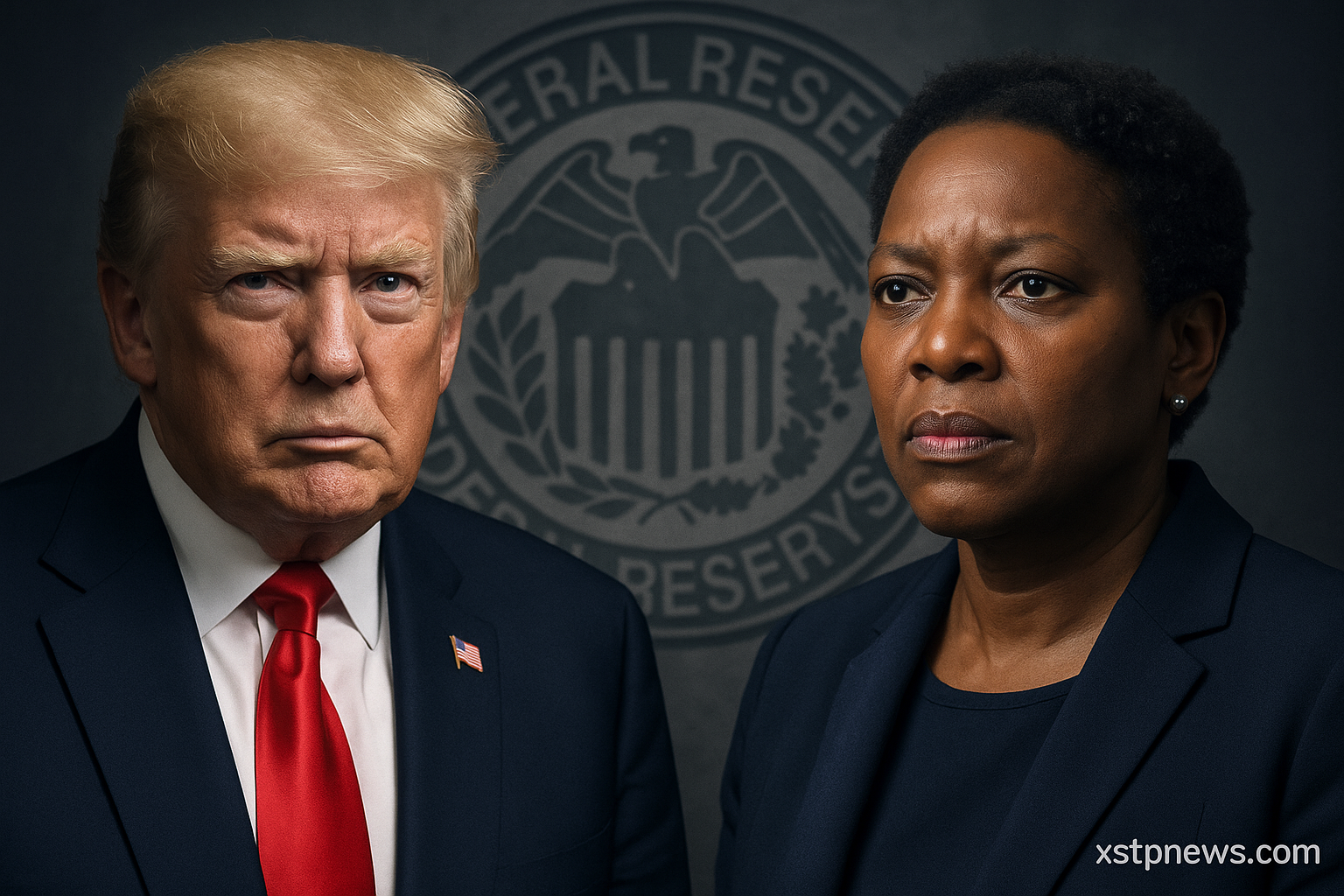The US Treasury has officially repealed controversial crypto broker reporting regulations, a decision likely to reshape oversight of DeFi platforms and digital asset transactions across the country.
Congressional move finalizes rollback
Under the Congressional Review Act (CRA), lawmakers passed a resolution overturning Treasury Decision TD 10021 (RIN 1545‑BR39), which would have required DeFi protocols and platforms without traditional staff or custodial roles to report user tax data to the IRS.
The resolution, championed by Senator Ted Cruz and Representative Mike Carey, was signed by President Trump in April. On July 10, the Treasury Department confirmed the final removal of the rule from the Code of Federal Regulations, effectively reverting tax guidance to its pre-rule language.
What this means for DeFi and crypto
- The now-defunct rule was slated to take effect by 2027, imposing complex broker obligations on decentralized exchanges and smart contract systems.
- Industry groups argued the measure was “impossible to implement,” warning it would drive DeFi innovation offshore.
- Its removal marks a broader push by pro-crypto lawmakers to foster a more open environment for blockchain projects and investors.
Critics raise tax transparency alarms
Not everyone is applauding. Policy analysts caution that without clear broker reporting, the IRS may struggle to track capital gains, increasing risks of tax underreporting.
Opponents of the repeal argue it could create long-term holes in tax compliance frameworks just as digital assets become a mainstream investment class.
Still, the political momentum has shifted toward easing regulatory burdens. Recent parallel moves include fast-tracked approvals of crypto ETFs and softened compliance demands for certain financial institutions dealing with digital assets.
Looking ahead: Will the US become a crypto haven?
The repeal under the CRA also means similar rules cannot be reintroduced in the same form without new legislation, tying regulators’ hands on this front. While this opens the door for greater DeFi growth in the US, it leaves questions about how tax authorities will adapt enforcement to a rapidly evolving market.
Is the US on track to become a global hub for crypto investors at the expense of tax transparency? Or will new, more tailored measures emerge to balance innovation with fiscal oversight? The coming years will test just how sustainable this hands-off approach proves.







